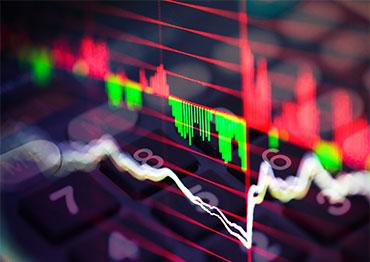In a video speech at the Global Trade in Services Summit of the 2021 China International Fair for Trade in Services on September 2, Chinese President Xi Jinping announced that China will set up the Beijing Stock Exchange (BSE) to support innovative small- and medium-sized enterprises (SMEs). It will be China’s third major bourse after Shanghai and Shenzhen.
According to the China Securities Regulatory Commission (CSRC), the establishment of the new trading floor will be a step toward building a diversified capital market in China and serve as a platform where technology, innovation and capital combine to facilitate the growth of innovation-oriented SMEs. On September 5, the BSE released draft rules for listing, trading and management to solicit public opinion.
Known as “little giants,” such SMEs, though small and new, are leaders in techintensive niche markets in hi-tech sectors like information technology, high-end equipment manufacturing, new energy, new materials and bio-pharmaceuticals.
The 66 companies of the “select tier” traded on the Beijing-based National Equities Exchange and Quotation (NEEQ) board will be the first to be listed on the BSE. Since 2013, equities of unlisted SMEs have been traded by investors with at least US$155,000 in assets. The NEEQ is designed to provide direct financing access to innovative start-ups with potential for growth, as they find it difficult to get bank credit. Companies are classified into the “base tier,” “innovation tier” and “select tier,” subject to ascending thresholds of listing.
New candidates to be listed on the BSE will come from the existing 1,248 companies on the “innovation tier.” By September 9, 5,966 companies in the “base tier” had yet to rise to the “innovation tier.” Nearly 70 percent of the trading value at the NEEQ comes from the “select tier.”
Official data showed that China’s SMEs pay more than 50 percent of the country’s tax and provide 70 percent of its innovations. The establishment of the BSE will greatly help enterprises access financing which has always been an obstacle.
The BSE is also regarded as a drive to promote the economic development of the north, as the other two stock exchanges are both in the south. Based on the experience of the Shanghai and Shenzhen stock exchanges, analysts believe the BSE will revitalize the capital market in the north and lessen the regional economic gap.

 Old Version
Old Version